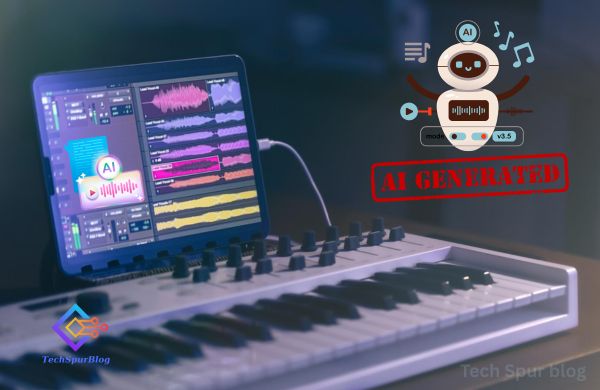The threat of cyberattacks and malware is ever-present, and one common way that hackers exploit unsuspecting users is through various file types that may not be immediately recognized as dangerous. While many people are cautious about .exe and .zip files, it’s essential to be aware that there is a multitude of file types hackers can employ to compromise your system’s security. This article will shed light on malicious file types and provide essential information on how to protect yourself from falling victim to cyber threats.
To ensure your digital safety, it’s crucial to broaden your knowledge beyond the conventional .exe and .zip files. Hackers often utilize less familiar file types, relying on the assumption that users are unfamiliar with them. This article aims to introduce you to these lesser-known file types and provide insights into how to identify and protect yourself from them.
Executables
Executables, often associated with .exe files, are files that can run code directly. However, hackers can use various other file extensions to distribute malicious executables, such as .scr (screen saver files), .com, and .msi (installer files). By understanding these file types, you can enhance your awareness of potential threats.
Also Read: Removing counter.wmail-service.com Trojan from Your Computer
Library Files
Library files (.dll, .drv, .sys) may seem harmless, but they contain executable code that can be called by other processes. Hackers can exploit them indirectly, often in combination with other file types like shortcuts, to execute malicious actions on your system.
Script Files
Script files are run by other programs and are often human-readable. Common script file extensions include .bat, .cmd, .js, .vbs, .jse, .vbe, .wsh, and .sct. Hackers may hide malicious code within these scripts, making it essential to exercise caution when encountering them.
Document Files
Files that open in programs capable of executing code, such as macros in Microsoft Office documents (.docx, .xlsx, .pptx), can harbor malware. Be vigilant when opening files from unknown sources, and avoid enabling macros unless you are confident in their legitimacy.
Archive Files
Archive files, often in .zip format, are frequently used by hackers due to their familiarity to users. They can also be password-protected and encrypted, making them harder to detect by antivirus software. Be cautious when opening archive files, especially if received from unknown sources.
Role of Shortcuts
Even regular Windows shortcuts (.lnk) can be exploited maliciously. Hackers can configure shortcuts to execute commands or run other files. Exercise caution when clicking on shortcuts, particularly those from untrusted sources.
Protection Tips
- Always enable Windows to display file extensions. This helps you identify the file type before opening it.
- Use antivirus software like Bitdefender Total Security, which offers protection against a wide range of cyber threats.
- Avoid running files with unfamiliar extensions.
- Educate yourself about file types and their associated risks.
- Be cautious when opening files from unknown or untrusted sources.
- Disable macros in office documents unless you trust the source explicitly.
- Routinely update your operating system and applications to patch security vulnerabilities.
- Implement strong, unique passwords and enable two-factor authentication for added security.
- Back up your data regularly to mitigate the impact of potential malware attacks.
Also Read: Advanced Systemcare 12.3 -Real time protection for your Computer
Conclusion
Understanding the diverse range of file types that hackers can employ is essential for safeguarding your digital life. By staying informed and following best practices for cybersecurity, you can significantly reduce your risk of falling victim to cyberattacks. Stay vigilant, and remember that knowledge is your best defense in the ever-evolving landscape of cybersecurity.

















